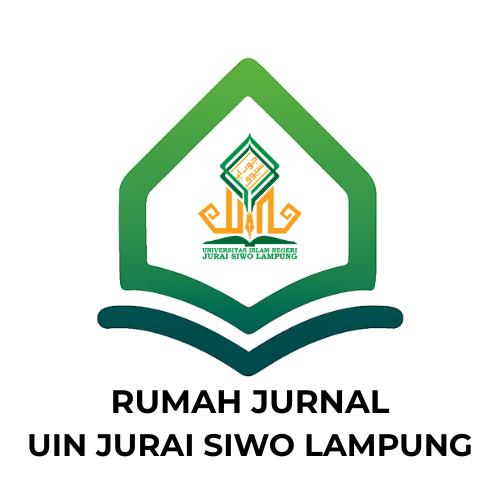QADZAF MENURUT HUKUM ISLAM DAN KHI
Keywords:
Marriage, qadzaf, adultery, had, KHIAbstract
Islam views that adultery (zina) is an indecency and it includes a great sin. So as a consequence, Islam impose penalties (had) of “rajam for mukhsan adultery” and penalty about 100 floggings (one hundred times). As a balance toward the severity of sanction adultery law, accusing man or a good woman doing adultery is slander vicious, because if the accusations were continued, of course the accused man or woman will be affected by the consequences of adultery law itself. It will raise the assumption that they are doing cruel acts. “Qadzaf” is accusing someone else that commits adultery, either allegations through a clear statement or utterance that one's children is not a descendant of his father. These action is included into major sin. The requirements of a “qadhif” that if she wants to be save (from the penalty of dera), he must provide four equitable male witnesses; if it is not capable to be done, the punishment (had) for him is trounced about 80 (eighty times); the testimony of himself will not be accepted forever and they are belong fasik people. In Indonesia there has not been a specific legal provisions that organize about the punishment for adultery accuser (qadzaf). But in the Compilation of Islamic Law in Indonesia (KHI), it is described that a husband who accuses his wife of adultery and deny the unborn child or children who have been born by his wife, while his wife refuses the accuse and deny it then they can take an oath in front of the judges council. The law consequence of the oath is the marital status of both will be severed forever.
References
Downloads
Published
Issue
Section
License
Copyright (c) 2015 Nurul Afifah

This work is licensed under a Creative Commons Attribution-ShareAlike 4.0 International License.













